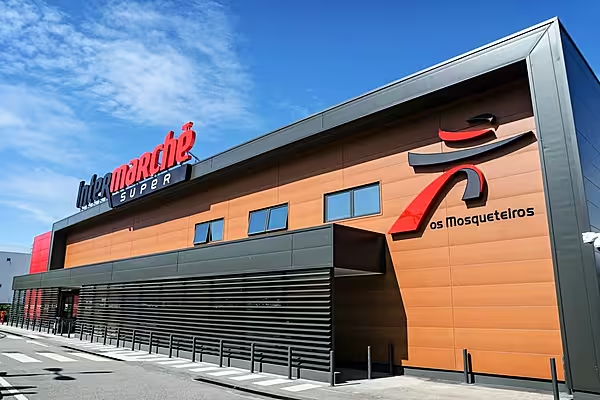The Portuguese unit of French hypermarket chain Intermarché is planning to open its first urban-format store in Lisbon this August.
The location of the first store of the ‘ultra proximity’ format will be in the district of Arco do Sego, and the retailer has already identified possible locations in Porto as well, CEO Martinho Lopes told local publication Dinheiro Vivo.
Lopes said that the Lisbon store is "completely geared towards the urban consumer", adding that the company has adapted its existing strategy to cater for "consumers with different needs to those we have been serving so far".
Intermarché will invest around €3 million in the Lisbon store, with plans to open new stores in the capital, as well as in the Greater Porto area.
Expanding Urban Offers
Intermarché is the latest retailer to roll out stores in urban centres across Portugal, targeting consumers seeking greater convenience, a faster shopping experience, and a more personalised service.
Auchan already has 11 MyAuchan stores, while German retailers Lidl and Aldi have each opened three stores this year (with the later planning 10 more in 2018). Pingo Doce is aiming to open 10 stores, while Spain’s DIA is betting on the Minipreço Express store format through new store openings or refurbishing existing ones (the goal is to end the year with 100).
For its part, Sonae MC opened seven Continente Bom Dia stores (taking the total to 101), with 11 more new openings planned for this year. In addition, through franchising agreements, the retailer has also opened more than 300 Meu Super stores since 2011 and has plans for 30 more this year.
Fulfilling Consumer Needs
The vertical retail manager of Nielsen Portugal, Ana Paula Barbosa, told the Portuguese publication that the ultra proximity concept (with stores of 500 square metres) fits with consumer needs and a preference for smaller store formats, especially as the population is getting older and has mobility difficulties.
These new stores also enable retailers to capture new groups of urban consumers and tourists, pointed out Pedro Pimentel, the director general of brand association Centromarca, adding that last year 22 million tourists chose Portugal as a holiday destination, according to the daily.
Since 2009, the number of supermarkets and hypermarkets in Portugal has doubled, going from 1,678 stores comprised of 36 banners to 3,382 stores made up of 32 banners in 2017, based on Marktest data. This growth has taken place despite a drop of more than 300,000 units and changing consumer habits.
© 2018 European Supermarket Magazine – your source for the latest retail news. Article by Branislav Pekic. Click subscribe to sign up to ESM: European Supermarket Magazine














